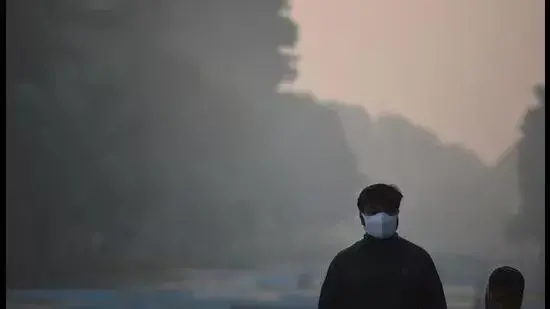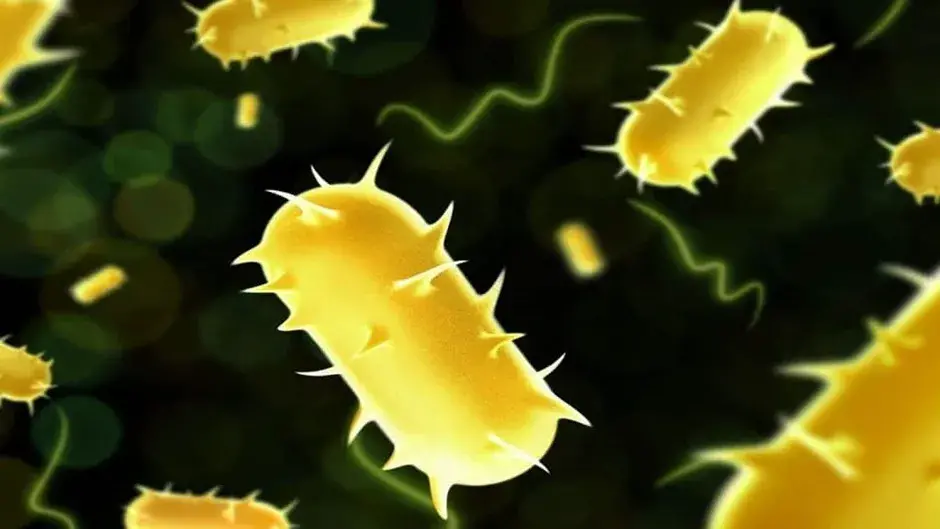Gurugram Health Department Launches Pollution Awareness Drive
The Gurugram health department has launched an awareness campaign to help residents safeguard against pollution-induced health risks as the city’s Air Quality Index (AQI) improved slightly to a “very poor” reading of 374 on Wednesday, down from Tuesday’s “severe” 402 and Monday’s alarming 469, according to the Central Pollution Control Board (CPCB). Residents are being urged to monitor air quality daily through mobile applications and take precautions, such as using masks, air purifiers, and humidifiers. Officials recommend limiting outdoor activities during peak pollution hours and switching to cleaner cooking fuels, reducing diesel generator usage, and relying more on public transport to minimize emissions. Chief Medical Officer Dr. Virender Yadav emphasized, “Our aim is to empower people with the right knowledge to protect themselves during these critical times.” Manish Rathee, Medical Superintendent of Civil Hospital, Sector 10, highlighted their focus on outreach in underserved areas to ensure awareness reaches vulnerable groups. Doctors are also stressing the importance of early detection of symptoms like coughing, wheezing, and chest discomfort, urging immediate medical attention to prevent severe respiratory or cardiovascular complications. For children and the elderly, who are most vulnerable, parents and caregivers are advised to restrict outdoor activities during high pollution hours, ensure adequate hydration, and maintain clean indoor air. “Simple measures such as drinking more water and avoiding strenuous outdoor activities can make a significant difference,” said Dr. Kajal Kumud from Civil Hospital, Sector 10. The campaign underscores the importance of community action and individual responsibility to mitigate health risks during Gurugram’s ongoing pollution crisis. Source: Hindustan Times Photo Credit: Hindustan Times
Gurugram Health Department Launches Pollution Awareness Drive Read More »


